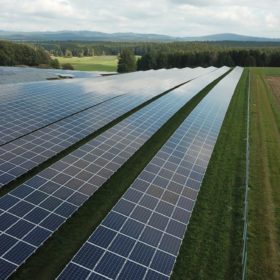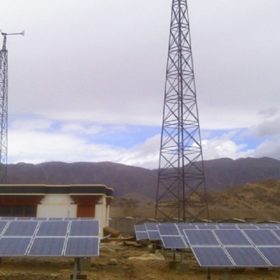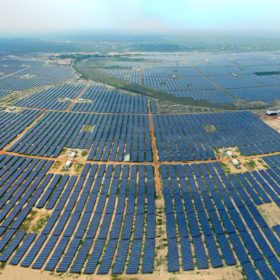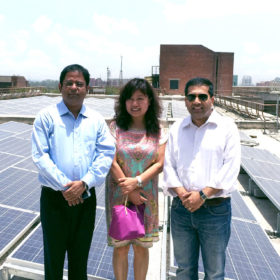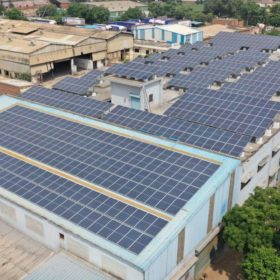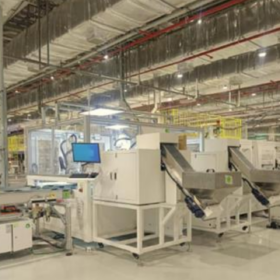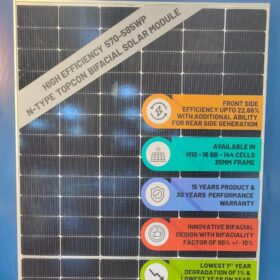Problems observed in solar module mounting structures in India
Findings from solar installation sites in Gujarat and Rajasthan and some suggestions to handle the issues.
Australian miner launches feasibility study on India’s first lithium refinery
Australia based Neometals and India’s Manikaran Power—which announced their collaboration on India’s first lithium refinery last year—have also doubled the proposed refinery capacity to 20,000 tonnes per annum of lithium hydroxide.
Renewable power poised for a big leap with storage technologies
While the solar and storage pairing is still relatively new, the growth over the next five years will be significant globally. As against just 5% in 2019, by 2025 more than 25% of all behind-the-meter solar systems will be paired with storage.
Covid lockdown: Thermal power generation hit, renewable continues unabated
India Ratings says the power demand declined for March and April 2020, taking a hit on generation from thermal sources as renewables continued to enjoy ‘must run’ status.
CEL seeks to empanel BOS suppliers for small solar power packs
The Central Electronics Limited (CEL) seeks to empanel balance-of-system (BOS) suppliers for compact solar power packs ranging from 1 kWp to 5 kWp. The empaneled vendors shall also be responsible for installation and commissioning of the packs at four locations—in and around Pune, Chennai, Delhi National Capital Region and Sahibabad.
Solar industry gets more time to submit responses for safeguard duty review
The Directorate General of Trade Remedies (DGTR) has granted an extension till May 11 for the solar manufacturers and importers to file their responses as it probes the need for continuing with the imposition of safeguard duty on solar cells, whether or not assembled into modules.
Indian solar generators largely unaffected amid Covid crisis, says Fitch Ratings
Liquidity of solar generators remains largely unaffected as they have been receiving payments from Discoms regularly. Azure and Adani Green Energy restricted groups, in particular, have comfortable liquidity position and will be able to meet their mandatory expenditure in the next six to 12 months.
SunSource orders 105 MW of Trina Solar modules with 500W+ output
Trina Solar’s new Vertex series of bifacial modules have a conversion efficiency of up to 21% and can deliver more than 500W of power from the front surface.
Indian Railways tenders 1 GW of ground-mounted solar projects
Developers have until June 30 to lodge bids to develop plots of solar capacity across the national rail network paying no more than Rs2.71/kWh for the electricity generated under a 25-year contract.
MYSUN raises Rs 32 crore to scale up rooftop solar business
The Delhi-based end-to-end rooftop solar company is looking to eventually raise Rs 250 crore ($35 million) as it plans to improve its technology infrastructure further, scale up the service offerings, and expand to newer geographies, including parts of Middle East, Asia Pacific and Africa.



